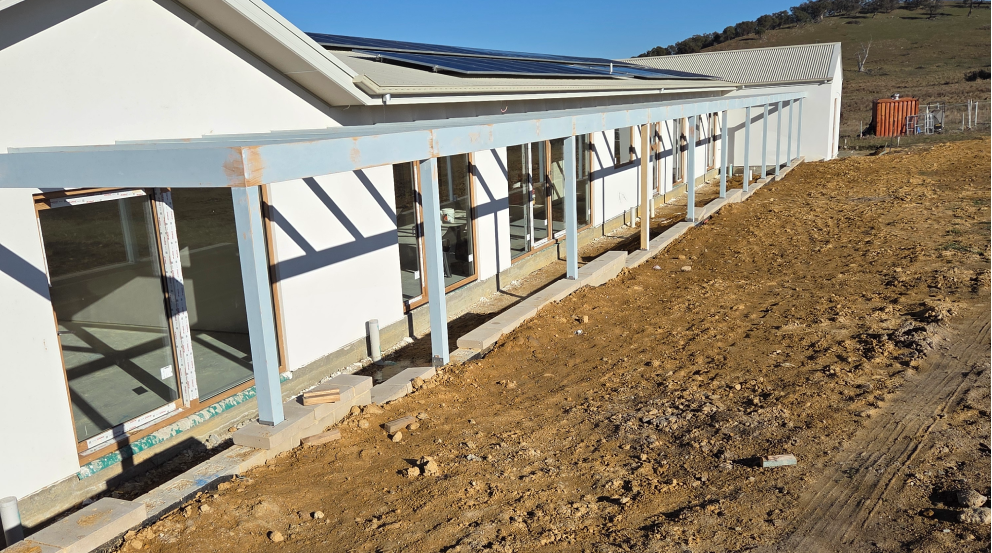At Bank Australia, we’re pretty pro-kindness. But aside from being good for those on the receiving end, it turns out showing compassion comes with huge, life-changing benefits for those doing the kind stuff, too. Here’s how.
Opening the paper, flicking on the news, or scrolling through your social media feed can be pretty exhausting at the best of times. But in amongst all of the bad news, there’s still plenty to be hopeful about – and plenty we can all do to contribute to more feelings of hope and togetherness among our communities.
See, kindness is a radical act. And the small choices we make on a daily basis can have a huge impact on those around us, the world at large, and even our own sense of wellbeing and purpose.
Because when you do something for someone else, or you commit to a higher cause, you both get a solid case of the warm and fuzzies. Demonstrating an act of compassion – even thinking about a time you did a good deed – has been shown to have a range of health benefits, and has been proven to make life better for everyone involved.
How? Just like this.
1. Fact: kindness makes you feel good
When you do something good, like bake a cake for a mate’s birthday or give cash to a needy charity, a little chemical called serotonin is released in your brain. Serotonin is the same hormone that stabilises moods, helps us sleep, and provides feelings of wellbeing. You can up your serotonin levels through things like exercise, exposure to sunlight, eating cheese (another fact), or – you guessed it – demonstrating kindness.
2. Kindness can reduce feelings of stress and anxiety
If you’re prone to feelings of stress and anxiety, doing a good deed for someone else may take your mind off things, even if only for a few minutes.
This 2012 study from the University of British Columbia found that people with social anxiety who performed kind acts over a period of weeks experienced an increase in Positive Affect (PA). Positive Affect is what gives us hopeful feelings like happiness, joy and interest in others, and the more PA we have, the less stressed we feel.
3. It may prevent and alleviate the symptoms of illness
Volunteering your time to help others is one of the greatest ways to demonstrate kindness. And this study has shown that the kindness associated with volunteering may reduce inflammation in the body. Inflammation goes hand-in-hand with a range of health problems, like chronic pain, diabetes, migraines and some cancers, however participants in the study were found to have lower levels of inflammation when they volunteered. Nice.
4. It’s literally heart warming
We talked earlier about the warm, fuzzy feelings you get when you do something nice for someone. But showing compassion can actually change the chemical makeup of your ticker, thanks to a hormone called oxytocin – aka the love molecule. Oxytocin releases nitric oxide into the blood, which reduces blood pressure, which may, in turn, protect our heart from cardiovascular disease.
5. Keen for more community ties? Be kind.
The thing about being nice and doing good in the world is that a) it makes people like you and b) it builds a sense of community. Whether you’re volunteering at your local op shop or delivering meals to a friend going through a rough time, those acts of compassion help you develop strong, meaningful relationships.
After some inspiration? Check out some of the good stuff our customers are doing.



.png)




